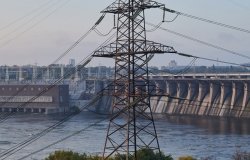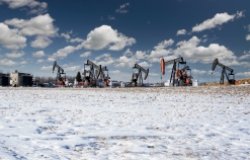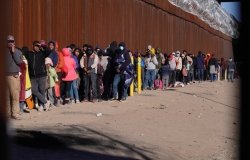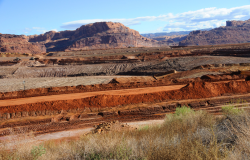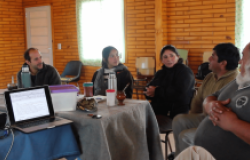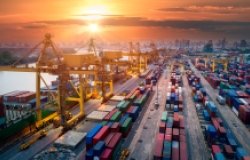European Energy Policy/ies in Transition - Internal and External Dimensions
The tension between unity and diversity is the leitmotif of European politics, and energy policies are no exception. Given the diversity of the continent’s geography and history, it is natural that some nations and regions may support one policy over another, and that a unified policy is difficult to achieve. Marcel Vietor attributed this not only to the attitudes and values that vary from country to country, but also to the fact that different countries have different energy resources and requirements.
Overview
The tension between unity and diversity is the leitmotif of European politics, and energy policies are no exception. Given the diversity of the continent’s geography and history, it is natural that some nations and regions may support one policy over another, and that a unified policy is difficult to achieve. Marcel Vietor attributed this not only to the attitudes and values that vary from country to country, but also to the fact that different countries have different energy resources and requirements.
Like the United States, where states with large coal reserves resist federal restrictions on burning coal, Europe must also contend with diversity of resources, values and suppliers of energy. For example, Poland continues producing energy from coal, rather than shifting to fuels that are less harmful to the climate, such as natural gas, as has been done in the UK and Germany. Nuclear power is similarly contested in Europe: France insists upon using nuclear power while Austria and Germany are decreasing their dependence on it. Energy supply is another point of contention. For example, some post-communist countries have negative associations with Russia and therefore seek to diversify their gas supplies.
Vietor described the current shift in Europe towards renewable energy sources as the most promising policy to enhance the security and economic sustainability. This trend will almost immediately increase the role of natural gas. Vietor emphasized that this must be a temporary transitional policy, not a destination, since there is still limited access to natural gas reserves in Europe, and increased import of gas from Russia would be required. He suggested that a strengthened relationship may develop between the EU and Russia based on mutual interdependency. Another option may be to diversify imports that would include incorporating three existing gas corridors (the Eastern, Northern, and Western), and supporting the construction of the Southern/Caspian gas line.
Further developing the internal EU energy market, however, offers better prospects than external options, Vietor said. Building a common EU policy will allow the member states to jointly face problems associated with energy. Connecting infrastructure would contribute to a more coherent and efficient energy policy across the continent. For example, Vietor suggested that national energy companies could be integrated, with interconnecting gas pipelines fitted with reverse flow mechanisms. The creation of an EU-wide electrical grid, might be equipped with the capacity to store renewable sources (such as wind and solar) with cross-country transit options. By joining their efforts, Vietor said, the EU will have more power to deal with problems than its member states have individually.
By Andri Orphanides and Elise Alexander
Edited by Nida Gelazis
Christian Ostermann, Director, European Studies and History and Public Policy
Speakers
Hosted By

Global Europe Program
The Global Europe Program is focused on Europe’s capabilities, and how it engages on critical global issues. We investigate European approaches to critical global issues. We examine Europe’s relations with Russia and Eurasia, China and the Indo-Pacific, the Middle East and Africa. Our initiatives include “Ukraine in Europe” – an examination of what it will take to make Ukraine’s European future a reality. But we also examine the role of NATO, the European Union and the OSCE, Europe’s energy security, transatlantic trade disputes, and challenges to democracy. The Global Europe Program’s staff, scholars-in-residence, and Global Fellows participate in seminars, policy study groups, and international conferences to provide analytical recommendations to policy makers and the media. Read more
Thank you for your interest in this event. Please send any feedback or questions to our Events staff.






